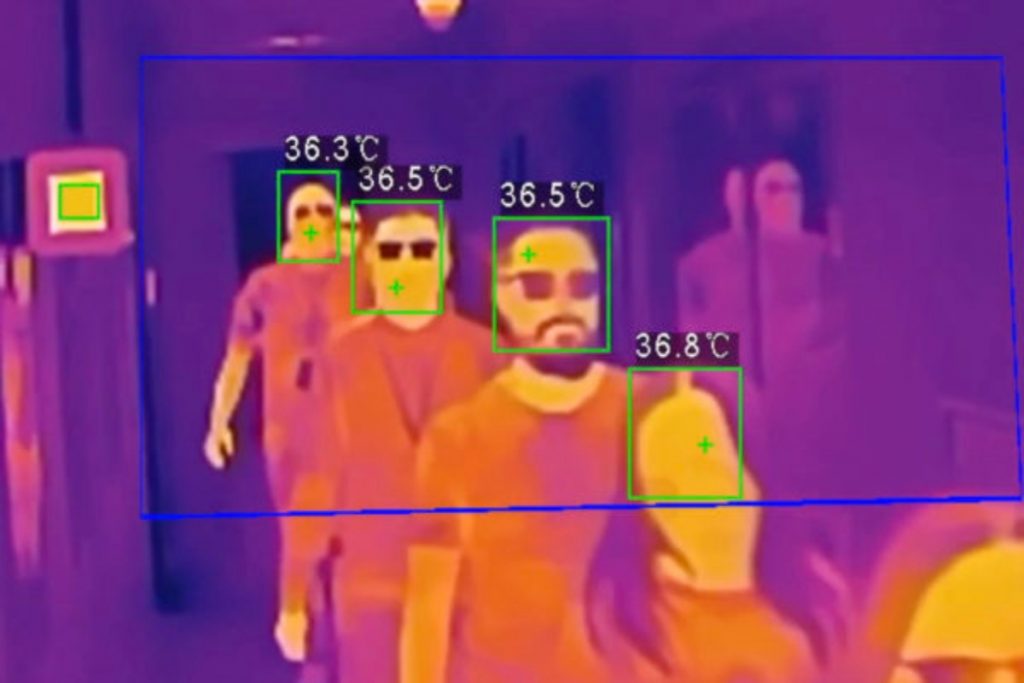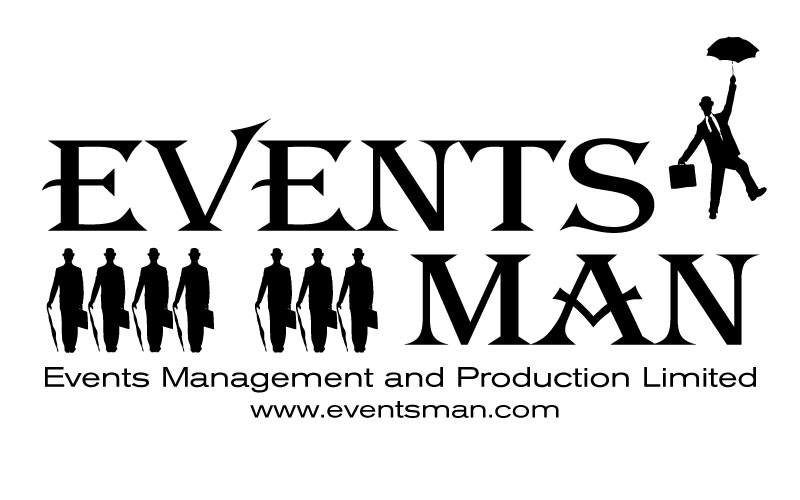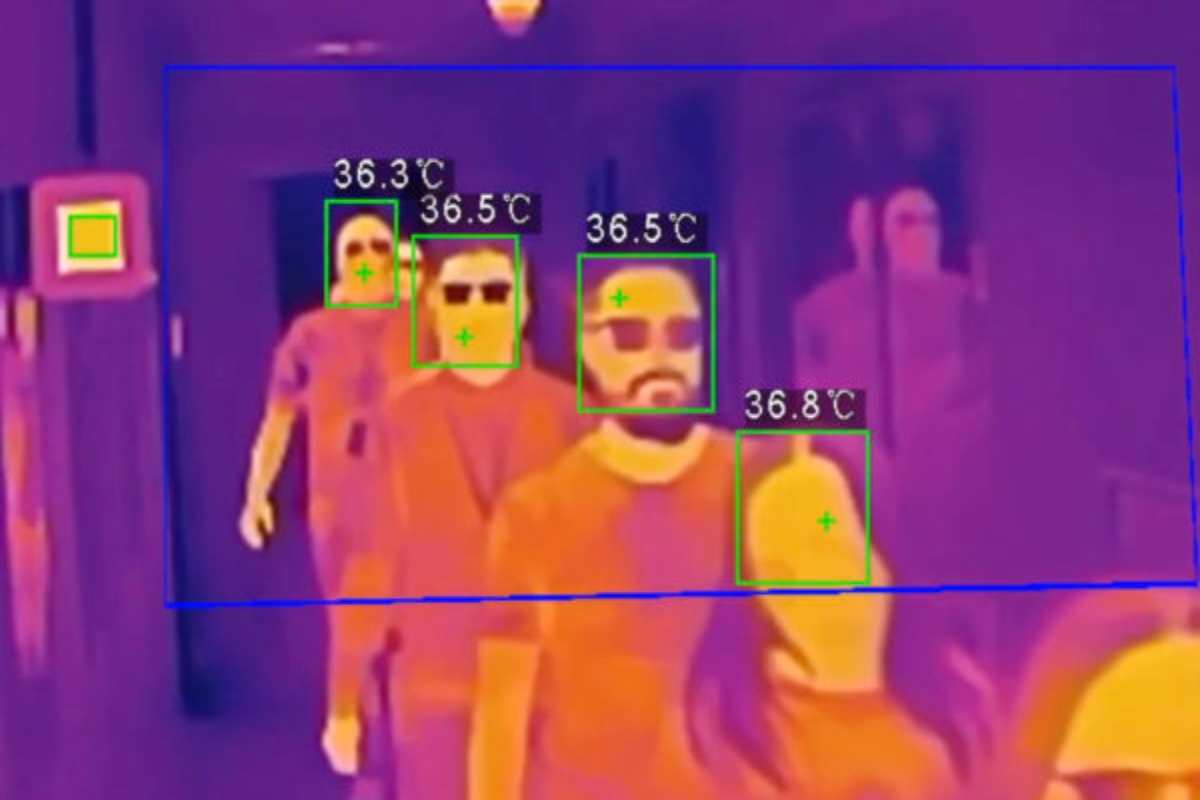
Across Asia multiple countries are preparing to lift restrictions on gatherings as they count the days with no new local cases of Covid 19. In Hong Kong government offices, leisure venues, bars, clubs and beauty centres are open live music is scheduled to reopen at the end of next week. Are we ready for live events? Hong Kong may have Covid 19 under control but the western world is still struggling and with Hong Kong’s place as an international city we will likely be struggling with potential reinfections for sometime to come. As the option to host live events returns event planners are faced with a wide variety of decisions and a heavy responsibility.
Just because you can, should you?
Reputations are made and broken at live events. Whether an extraordinary experience or diabolical disaster we can all recall a memorable live event that has left it’s mark on the world. As planners we are responsible for our guests and the reputation of our clients. Every event is different with a myriad of possible outcomes. During your risk assessment you need to determine how well you can control your risk of creating a disaster and how well you can protect your attendees, your team and your reputation.
Where to begin?
Soon restrictions will lift on live events, though we are all keen to start meeting, the first concern for any event owner should be the safety of the stakeholders. The “grand reopening” will create a whole bunch of new risks to consider. For instance, if you are using social distancing as one of your key mitigation tools you need also to consider what happens in an emergency. How do you use social distancing in the event of an evacuation? How are guests getting to the venue, will they need to take public transport or pack into a lift? If it starts to rain and you can no longer seat guests outside will there be enough area under cover to keep people 2meters apart?
Decision Makers
In the current situation every event no matter how big or small should have an event health manager in charge of ensuring risk is minimal and if unfortunately your event does have an accidental carrier it is managed legally and ethically. At minimum, every event should have good communications about health and hygiene, onsite temperature monitoring, social distancing options, hygiene measures for venue, staff and guests as well as contact tracing in case of exposure. Your event health manager should examine the entire event process looking for the 5 main ways that disease can be spread (Aerosol, Direct Contact, Oral, Fomite (ADOF)). Then he/she can create alternative ways of achieving the event goals and ensure everyone stays healthy. They should also ensure all stakeholders are working together and following the guidelines.
Creating culture
Events have changed, simple human gestures like a handshakes have become dangerous. Every event has a different culture and different opportunities for cross infection. We need to examine our events and the way we interact and look for ways of changing those interactions. As we create our new ways of interrelating it gives the opportunity to build new culture. Instead of handshake you may choose to initiate fist bumps or Vulcan ‘live long and prosper’ waves. Creating and nurturing these actions can become a great branding opportunity to create a custom culture and new norm for your event.
Effective Communications
Hygiene and health communications need to be embedded into the event and be everywhere. Invitations and reminders should state clearly that if guests feel unwell or have recently traveled to a high risk area please don’t attend. Any cancelation for health reasons should be fully refundable. Create health rules and make sure all stakeholders know them and abide by them. Messaging of all types should be included in your programming from entertainers, announcements, website notices and onsite signage. Make sure that you have health guidelines in place and everyone including suppliers and vendors know them. Good communication before the event will not only help to keep your attendees safe but will also drive attendance as your guests will feel more comfortable knowing you are keeping them safe.
At The Venue
Health management at the venue requires special considerations from every perspective. Questions to ask include what health systems does the venue have in place? Are all of their staff screened? How reliable is the screening? How can you work with them to make sure there are no gaps in the plans? As your staff and suppliers arrive ensure they are screened. If staff must work in close proximity, try to create small teams that are isolated from other teams. Try to create as few contact points as possible to reduce the possibility of fomites. Work with F&B to ensure contamination through oral transmission is reduced.
Guest Management
If possible before the event, try to have all the guest’s contact details, if not possible collect them on arrival. Consider where they are coming from, if you have many from the same company you might think about splitting the event into smaller events within departments. As guests enter check everyone’s temperature also verbally confirm they have no health issues or have travelled to a high-risk area. Many venues are having guests fill in a health declaration form however this creates the possibility of fomite contamination if they all use the same pen or are touching the counter area. Encourage everyone to wear a mask. Make sure the environment has plenty of fresh air and space so guests can keep distance between each other.
Beyond Your Control
If unfortunately, you do have an incident and a staff member or a guest contracts Covid shortly after the event immediately let everyone know. Work with local health authorities to ensure any transmission is caught early and stopped. It is our job as event professionals to look after our stakeholders. Sometime in situations like that many will keep quiet, worried about their reputation or a loss of face however if it comes up that there was a case of transmission and you knew about it, that would cause a much greater problem.
The New Normal
Event professionals are problem solvers. Over the years as our industry has grown and we have adapted and created new ways of solving problems that plagued us. Challenges like safety, insurance, ROI, and terrorism have been challenges that we have adapted to and are now just part of our process. Health and wellness is just the latest challenge that we will overcome.
Need Resources?
For an event health and safety consultation or rental of thermal imaging scanner contact us at Events Man
For more details on event safety and covid 19 check out The Reopening Guide from The Event Safety Alliance
For a good checklist for a private event checkout Steve Kemble CSEP’s article in Special Events Magazine


